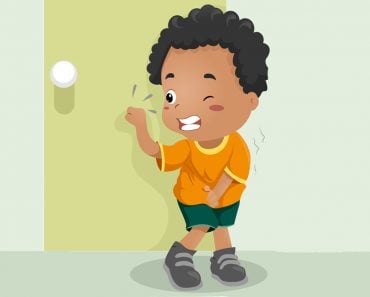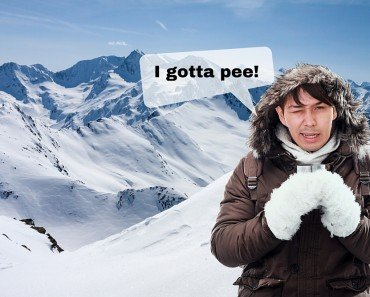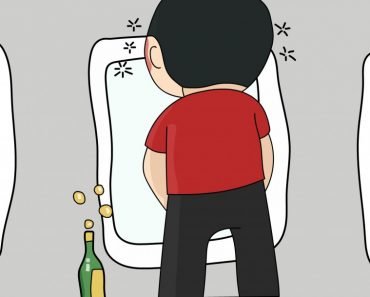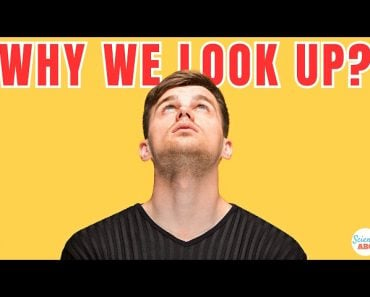Table of Contents (click to expand)
When we are faced with the urge to urinate, we are also faced with the need to hold it in. This conflict triggers a number of displacement behaviors, one of which is dancing. Displacement behaviors occur when the body is faced with an external stimulus that makes us feel like we are performing two activities that are completely contradictory to each other.
Humans display all kinds of weird habits and behaviors that, if you take a moment to think about them, make no sense at all. For example, we say ‘oww’ or ‘ouch’ when we hurt ourselves, despite knowing that it won’t do us any good (but, it does somehow!). Another strange behavioral quirk is when we start to wriggle, squirm, and stamp our feet, which may look like a dance move to an onlooker, when in fact we simply have an urgent need to urinate. We know that this ‘dancing’ won’t do us any good, so why do we do it?
Recommended Video for you:
Why Do We Pee?
Urination is, without a doubt, a vital function of the human body. It is one of the few ways we are able to excrete excess or waste materials from our body. For those who don’t know, urine is produced in the kidneys during the process of blood filtration. The waste materials present in the blood form a major part of our urine. It is then passed on to the bladder through the ureters, where it is stored until you get up and pee.
The longer you hold in the urine, the more pressure your bladder experiences as it continually urges you to relieve itself of the pressure, as this is where all the action takes place!
Displacement Behavior
When the bladder is full, an uncomfortable feeling of urgency is created in your mind. However, if there is no way for you to pee (in other words, relieve your bladder), you realize that you are going to have to “hold it” a little longer. This conflict triggers a number of rhythmic displacement behaviors, and the act of dancing is one of them.
Why Do We Dance When We Need To Pee?
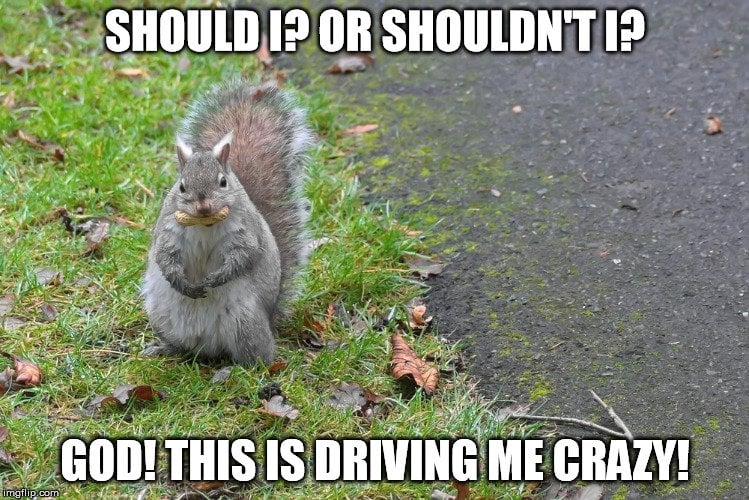
Displacement behavior (or activities) occur when the body is faced with an external stimulus that makes you feel like performing two activities that are completely contradictory to each other. This happens in animals too. Take the example of a squirrel; when you try to offer it a peanut, it finds itself in two contradicting situations. It badly wants to have that peanut, but also knows that going near a human is too large a risk.
Humans similarly show displacement behavior in some situations. For example, people scratch their heads or bite their nails when faced with a difficult situation or problem. These types of activities don’t directly help you solve the problem or provide you with a solution, but it’s the way your mind tries to divert your attention from the conflict by engaging in seemingly meaningless activities.
Things You Do When You “Hold It”

There are a number of ways that people behave when they suppress a strong urge to pee. These include tapping their feet, drumming their fingers, pacing up and down, or humming (to take your mind off it). These are the signs that commonly appear when a person holds in a relatively weaker urge to urinate. However, when you haven’t urinated in a while (and your bladder is completely full), you might hop from one foot to another, clench and unclench your muscles, and wriggle and squirm. The most interesting part about this is that you know that staying calm will help you last longer!
It’s not a good idea to hold in urine for extended periods of time. Therefore, if you can, urinate when your body tells you to and relieve your aching bladder of the pressure building up. Moreover, peeing after a long time is really relaxing. It’s no surprise that some people believe that relieving themselves after a long wait is the best feeling in the world! It certainly feels incredible in the moment!


